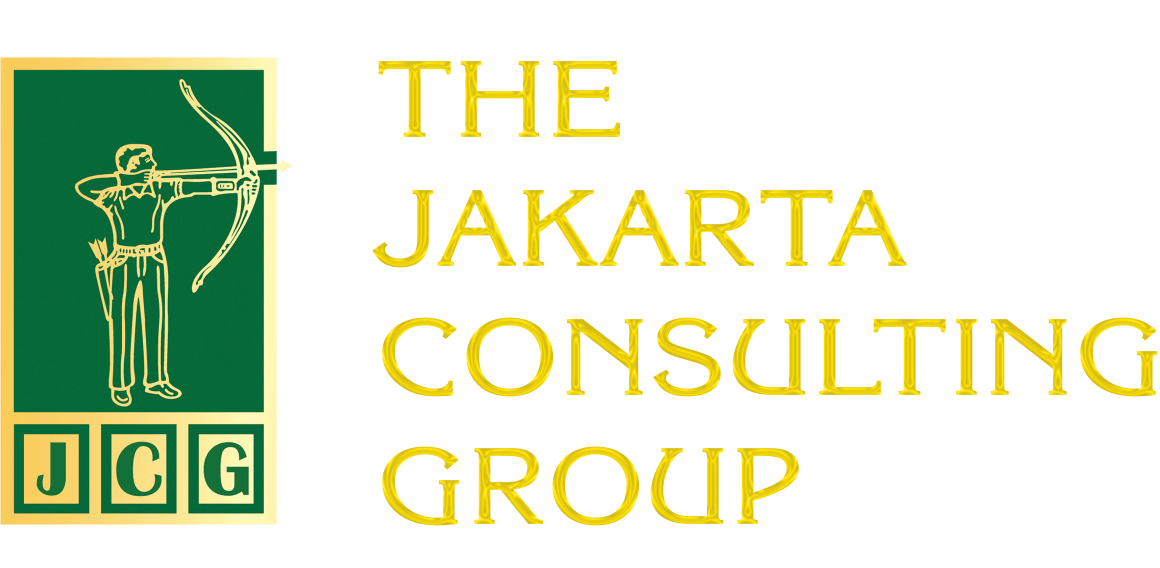In today’s ever-changing world of work, companies can no longer rely solely on formal training or psychological tests to manage talent. While psychological tests remain useful for mapping employee potential and suitability, organizations need to create a more vibrant learning ecosystem one where knowledge sharing, mindset formation, and empathy building are key. One approach that has proven effective is through mentorship and reverse mentoring.
The Role of Mentorship in Human Resource Development
Traditionally, mentorship is a guidance relationship between experienced senior employees and developing junior employees. Mentors not only share technical expertise, but also provide guidance on attitudes, ways of thinking, and character building.
As competency requirements become more complex, mentors are essential for transferring knowledge that is not included in standard operating procedures but is nonetheless essential; sharpening non-technical skills such as communication, conflict management, and empathy; and preparing employees to be resilient in the face of pressure and change.
Mentorship programs also accelerate the learning process compared to relying solely on conventional training or psychological test results. Many companies now include mentorship in their talent development strategies, especially to prepare future leaders.
Reverse Mentoring: Learning from the Young

The modern workplace demands a more flexible approach. The emergence of a tech-savvy generation has given rise to the concept of reverse mentoring. Through reverse mentoring, younger employees become mentors to their seniors—for example, in the use of the latest technology, digital trends, or understanding the perspectives of millennials and Gen Z.
Reverse mentoring is not new. In the late 1990s, then-GE CEO Jack Welch used reverse mentoring to teach senior executives how to use the internet. This shows that successfully managing change requires more than just experience or psychometric test results; it also requires openness to new knowledge from younger generations.
More Than Knowledge Transfer
Reverse mentoring is not just about knowledge transfer. More than that, with reverse mentoring, seniors understand how juniors think, while juniors learn to communicate effectively with their superiors. Reverse mentoring also shows that anyone can learn, regardless of age. Even seniors learn to accept feedback, even from those who are younger. This practice has been proven to strengthen intergenerational relationships, narrow cultural gaps, and create more harmonious collaboration.
What happened at BNY Mellon|Pershing, a financial services company from the United States, can be an example. To respond to the Millennial generation’s desire for transparency and recognition, BNY Mellon|Pershing created a reverse mentoring program that has proven to be very effective. Gerry Tamburro, one of the program’s initiators, revealed that this program not only increased transparency at the executive level, but also made them seek opinions from employees from various divisions more often.
A concrete example of this is a casual chat developed jointly by former CEO Ron DeCicco and his Millennial mentor, Jamilynn Camino. Held for more than three years, this event has become the most popular forum where DeCicco discusses important issues and listens to staff input. The success of this program is reflected in the high retention rate of 96% for the first group of Millennial mentors. This would be difficult to achieve if the company relied solely on psychological tests to manage its talent.
Empathy and Mindset
Mentorship cannot succeed without empathy. A mentor who only gives orders without understanding the mentee’s feelings will find it difficult to build trust. Similarly, in reverse mentoring, juniors need to convey their input with empathy, not a patronizing attitude.
This empathy is closely related to organizational culture. Organizations with this kind of culture make employees feel comfortable staying because they feel listened to and appreciated. Generational gaps and conflicts can be minimized. In addition, a culture of mutual guidance also develops. This kind of culture is often even a stronger retention factor than psychological test scores during the selection process.
Apart from empathy, mentorship also plays a role in building a resilient mindset. Through mentoring, junior employees learn from the experiences of seniors in dealing with failure. Seniors gain a fresh perspective on growth mindset from juniors. Together, they hone their resilience and flexibility.
Challenges and Solutions

Although the benefits are more noticeable than psychological tests, the implementation of a mentoring program is not always smooth. Some challenges that often arise are the egoism of seniors because they feel they are more experienced, more knowledgeable, and higher in position. Another challenge is time. Mentors and mentees have their own busy schedules. Differences in communication styles between senior and junior employees are also a challenge.
How Can These Challenges be Overcome?
Organizations can provide mentoring skills training for prospective mentors. A monitoring system can be set up to ensure that the program runs consistently. Research shows that training can double the success of mentor-mentee relationships. Without training, only one-third of relationships are successful. This figure jumps to two-thirds when mentors receive training.
In the companies studied, the training focused on how to prepare effective sessions with mentees and discuss challenges that may arise.
The compatibility between mentors and mentees is also important. The younger generation generally does not mind being mentors without being selective. However, this is not the case with the older generation. They are generally concerned about conflicts of interest and violations of supervisory lines.
#mentoring #reversementoring #psychologicaltests #mentorship #empathy #latesttechnology #GenZ #GE #JackWelch #age #BNYMellon|Pershin #organizationalculture #mindset #growtmindset #egoism
Related Posts:
Social Isolation in the Era of Remote/Hybrid Work: How HR Builds Human Relationships
Financial Wellness: Strategies to Increase Productivity and Reduce Turnover
Career Journey and Challenges at the Mid-Career Point: Between Prestige and Meaning
Strategic Secondment: A Smart Move for Faster Career Development
Prevent Culture Misfit: Start with the Right Work Culture Assessment











